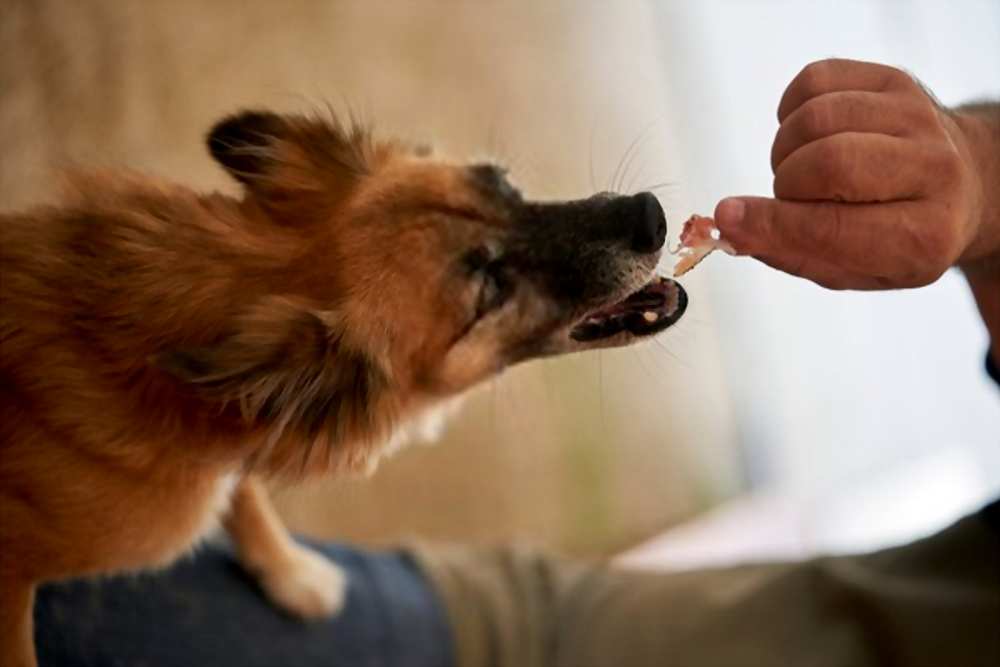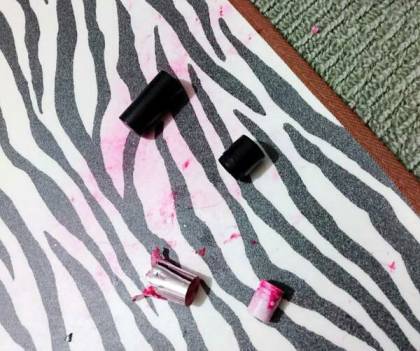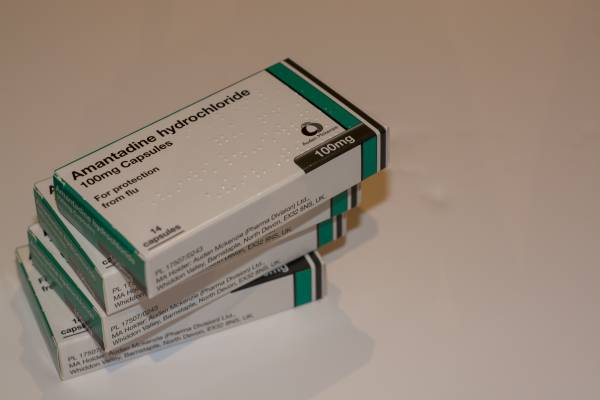Has your dog eaten some gelatin powder? Are you worried the gelatin powder will make your dog sick? If so, then you’ve come to the right place. We understand it’s scary if your dog eats something he shouldn’t.
Connect with a verified veterinarian in minutes. Licensed vets are available 24/7 to answer your questions. No need to worry about your furry family member.
In this article, we’ll take a look at what gelatin powder is and whether or not it can make a dog sick. Let’s get started!
What is Gelatin Powder?
Gelatin powders are used in many different types of recipes. It’s used in candies, desserts, sorbet, and more. Gelatin powder is also used as a supplement. What’s more, gelatin powder is also what makes Jello desserts!
What is Gelatin Powder Made Of?
Gelatin powder is made from collagen, which is a protein that comes from animal tissue, ligaments, tendons, bones, and skin. After boiling pork, beef, or chicken bones, you may notice the broth becomes somewhat gelatinous (jelly-like). This is because it’s rich in collagen. As the broth cools, it will become more like jelly.
Gelatin provides many health benefits. For one thing, it helps fight inflammation in the body. It also works to protect the brain and more.
Wild canines ingest collagen from the animals they kill. This makes gelatin a natural part of a canine’s diet, including your dog’s!
So, is gelatin powder safe for dogs?

Review symptoms, medications & behavior to keep your pets healthy with a Vet Online in just minutes.
Ask a Vet Live NowGelatin Powder & Dogs
In most cases, gelatin powder is safe for dogs. However, if your dog eats a gelatin powder that is sweetened with xylitol, this can make him very sick. That’s because xylitol is highly toxic to dogs.
Another issue is that if a dog eats too much gelatin powder, it’s possible the powder will begin to turn gelatinous. If this happens inside your dog’s digestive tract, the gelatin can cause intestinal obstruction in your dog. This is a life-threatening medical condition that requires prompt treatment. Left untreated, intestinal obstruction can lead to death.
Symptoms of Xylitol Poisoning in Dogs
If your dog has eaten gelatin powder that contains xylitol, you may notice these symptoms:
- Vomiting
- Weakness
- Lack of coordination/difficulty walking
- Depression
- Lethargy
- Tremors
- Seizures
- Coma
Symptoms can start within 15-30 minutes after the dog has eaten the xylitol. What’s more, xylitol can even cause liver damage in some dogs.
So, if your dog has eaten gelatin powder that contains xylitol, then call the vet immediately. This an emergency.
Symptoms of an Intestinal Blockage in Dogs
You may notice these symptoms if your dog has eaten gelatin powder and it’s becoming gelatinous in your dog’s digestive tract:
- Vomiting
- Weakness
- Diarrhea
- Constipation
- Dehydration
- Loss of appetite
- Abdominal pain and bloating
If your dog shows any of these symptoms, then call the vet immediately. This is an emergency.
Can Gelatin Powder Be Safe for Dogs?
Yes, dogs can benefit from eating gelatin powder. However, the amount they eat should be determined by your vet. And the gelatin should be plain, unsweetened powder.
So, if your fur baby has eaten gelatin powder, watch for the symptoms above. If he starts to show any symptoms, then call the vet right away. The prognosis is best for dogs who receive prompt medical treatment in these cases.
Connect with a verified veterinarian in minutes. Licensed vets are available 24/7 to answer your questions. No need to worry about your furry family member.

Kim
Kim is a talented author, who loves animals especially dogs. She engaged in writing books and articles relating to animals a decade ago. Kim resides in Chicago with her husband and son. The family is the proud owner of a dog and a parrot (Jack and Lily). Kim wanted more than these two pets, but her husband put his foot down... She often visits elementary schools to talk to the kids about what she learned about pets and how they could learn from them.
Review symptoms, medications & behavior to keep your pets healthy with a Vet Online in just minutes.
Ask a Vet Live Now




